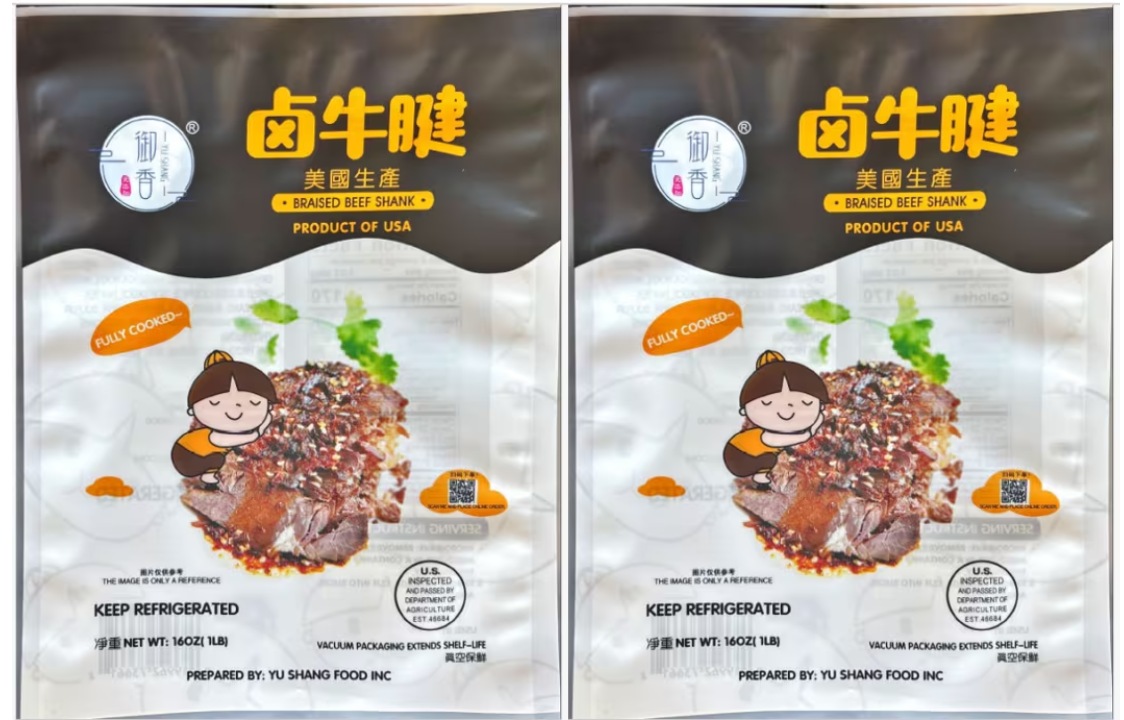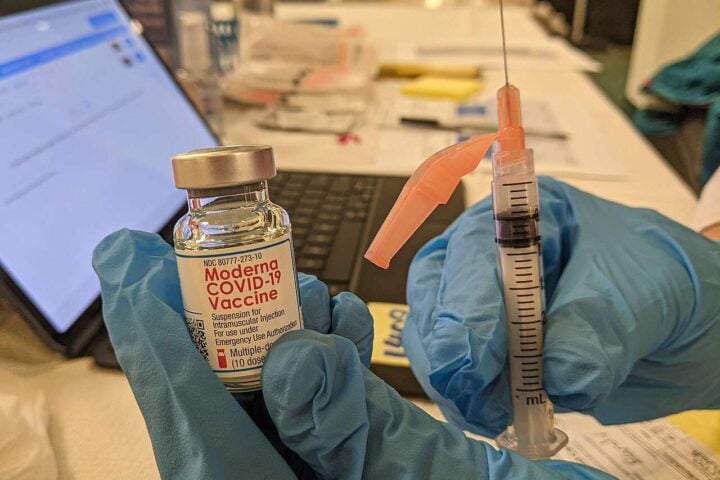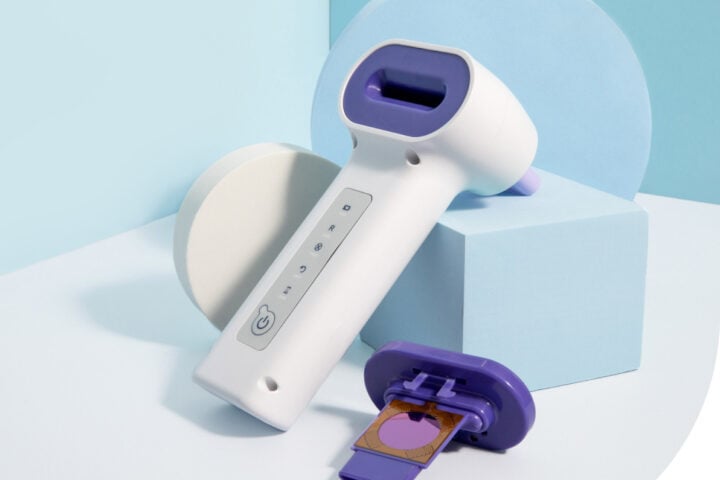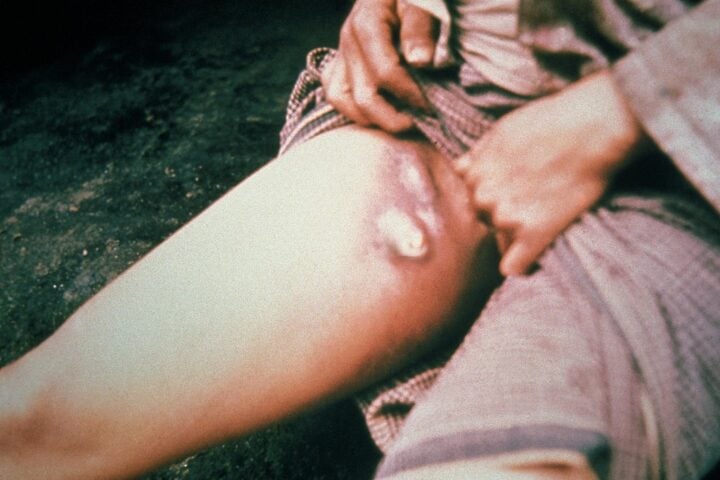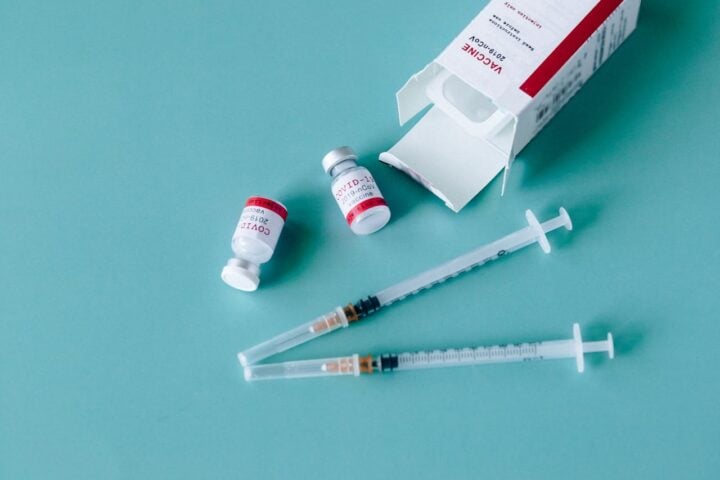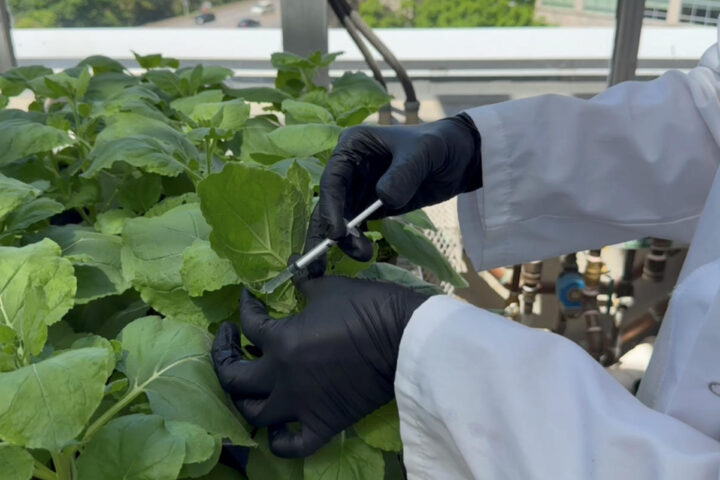Having covered food safety for over four decades, this latest listeria outbreak brings a sobering reminder of how some challenges in our food system persist despite technological advances. A devastating listeria outbreak connected to Yu Shang Food Inc.’s ready-to-eat meat products has resulted in 11 infections across four states, including nine hospitalizations and the death of an infant in California, according to the Centers for Disease Control and Prevention (CDC). The South Carolina-based company has recalled 72,240 pounds of potentially contaminated products, as confirmed by the U.S. Department of Agriculture’s Food Safety and Inspection Service (FSIS).
Historical Context and Modern Implications
In my 45 years of covering food safety, the regulatory landscape has evolved dramatically. The 1985 Jalisco cheese listeria outbreak, which saw 86 cases and claimed 29 lives in California, led to fundamental changes in food safety protocols. Yet here we are in 2024, still grappling with similar challenges. While today’s detection systems are far more sophisticated than the rudimentary testing of the 1980s, the basic threat remains.
Outbreak Details and Impact
The outbreak’s toll has been particularly severe in California, where seven cases have been reported, including a tragic case involving a pregnant woman and her twins. “Listeria was found in a sample from the mother and from one of the twin infants,” the CDC reported. While both twins died, only one death could be conclusively linked to listeria infection, according to official records.
Two cases have been reported in Illinois, with New York and New Jersey each reporting one case. The affected individuals range in age from under 1 to 86 years, with a median age of 64. All infected individuals have identified themselves as having Asian heritage, the CDC confirmed. Of the eight people interviewed about their illnesses, seven reported shopping in person or online at markets where Yu Shang products are sold, and two specifically reported eating Yu Shang ready-to-eat chicken.
Regulatory Evolution and Current Standards
The recall was initially announced on November 9, 2024, and expanded on November 21, 2024. It encompasses all ready-to-eat products manufactured by Yu Shang Food Inc. before October 28, 2024. The discovery mechanism reflects how far we’ve come – the FSIS discovered the contamination during routine testing on October 21, 2024, when finished product testing confirmed positive results for Listeria monocytogenes. In the 1970s, such precise detection would have been impossible.
Affected products can be identified by the establishment numbers “P-46684” or “EST. M46684” inside the USDA mark of inspection. The recall includes various items such as:
- Pork hock
- Chicken feet
- Pork feet
- Duck neck
- Beef shank
- Pork tongue
Industry Response Then and Now
The industry’s response to contamination has evolved significantly since the 1970s, when recalls often took weeks to initiate. Yu Shang Food’s statement reflects modern transparency requirements: “We did not receive any reported illness from the group of 11 illness,” the company told ABC News. “Those 11 cases are collected by CDC from 2021 to 2024. Among of these 11 illnesses, there are 9 people only mentioned they had visited Asian stores before they got sick, but not mention they purchased YUSHANG brand products or ate YUSHANG brand products.”
More Stories
Modern Public Health Response
Today’s response systems showcase technological advancement. FSIS officials are conducting whole genome sequencing – a tool unimaginable in my early reporting days – to determine if the Listeria samples match the outbreak strain. The CDC’s warning that actual case numbers may exceed reports reflects a modern understanding of surveillance limitations.
Enhanced Consumer Protection Systems
The consumer protection infrastructure has expanded considerably since the 1980s. Current health officials strongly advise consumers who have purchased these products to:
- Check refrigerators and freezers for recalled items
- Either dispose of the products or return them to the place of purchase
- Clean any surfaces or containers that may have contacted the recalled foods
- Seek immediate medical attention if experiencing symptoms after consuming these products
The FSIS has established a consumer hotline at 888-MPHotline (888-674-6854) for food safety questions. Consumers can also email [email protected] or report problems through the Electronic Consumer Complaint Monitoring System at https://foodcomplaint.fsis.usda.gov/eCCF/ – a far cry from the paper-based systems of decades past.
Persistent Health Risks and Modern Understanding
Listeriosis remains the third leading cause of death from foodborne illness in the United States, a statistic unchanged since the 1980s despite improved detection and prevention. Symptoms typically appear within two weeks of consuming contaminated food and may include:
- Fever
- Muscle aches
- Headache
- Stiff neck
- Confusion
- Loss of balance
- Seizures
The infection poses particular risks for pregnant women, newborns, adults over 65, and individuals with weakened immune systems. In pregnant women, the infection can lead to miscarriage, stillbirth, premature delivery, or life-threatening infection of the newborn – risks we’ve understood since the landmark outbreaks of the 1980s.
Looking Forward
After four decades of covering food safety, this outbreak demonstrates both progress and persistent challenges. While detection and response systems have improved dramatically, the fundamental risks to public health remain. The food industry must continue strengthening preventive measures, especially as ready-to-eat products become increasingly popular.For additional information about the recall, consumers can contact Ling Li, Yu Shang Food, Inc. Plant Manager, at 864-310-6313 or email [email protected].
